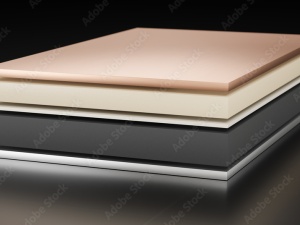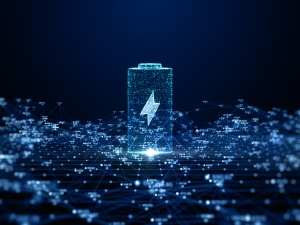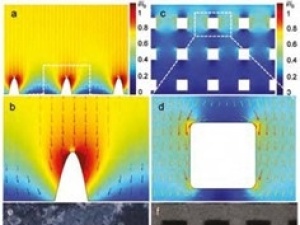Screening Selection of Hydrogen Evolution-Inhibiting and Zincphilic Alloy Anode for Aqueous Zn Battery
Abstract
The hydrogen evolution reaction (HER) and Zn dendrites growth are two entangled detrimental effects hindering the application of aqueous Zn batteries. The alloying strategy is studied to be a convenient avenue to stabilize Zn anodes, but there still lacks global understanding when selecting reliable alloy elements. Herein, it is proposed to evaluate the Zn alloying elements in a holistic way by considering their effects on HER, zincphilicity, price, and environmental-friendliness. Screening selection sequence is established through the theoretical evaluation of 17 common alloying elements according to their effects on hydrogen evolution and Zn nucleation thermodynamics. Two alloy electrodes with opposite predicted effects are prepared for experimental demonstration, i.e., HER-inhibiting Bi and HER-exacerbating Ni. Impressively, the optimum ZnBi alloy anode exhibits one order of magnitude lower hydrogen evolution rate than that of the pure Zn, leading to an ultra-long plating/stripping cycling life for more than 11 000 cycles at a high current density of 20 mA cm−2 and 81% capacity retention for 170 cycles in a Zn-V2O5 pouch cell. The study not only proposes a holistic alloy selection principle for Zn anode but also identifies a practically effective alloy element.



